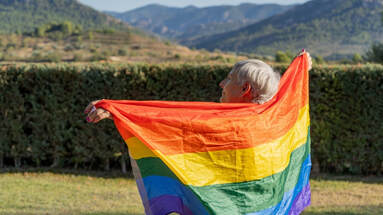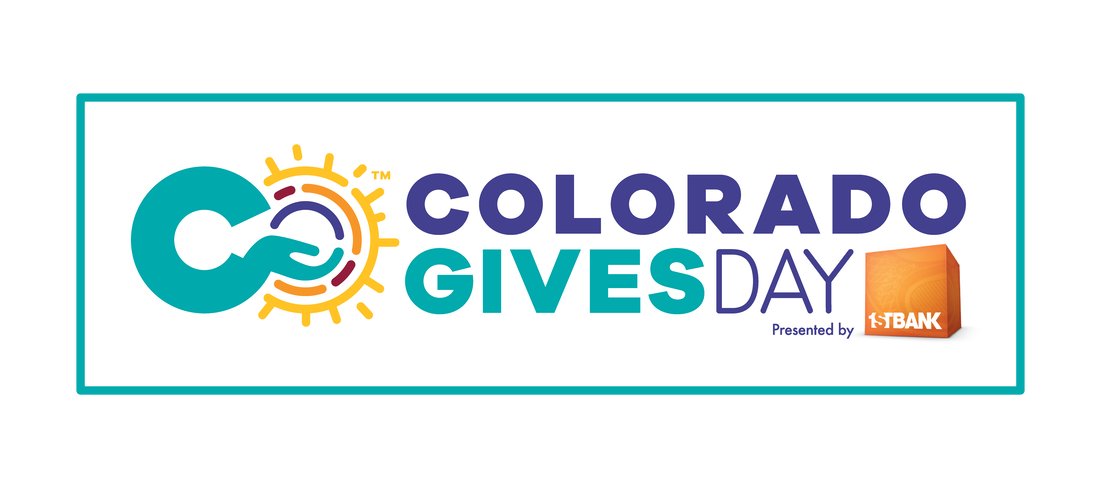 Aging with Pride: Older Adults and LGBTQ Issues Happy Pride Month! In previous posts, we’ve highlighted the ways in which America’s older adult population is changing and growing. One of those changes involves diversity: older adults today are more diverse than ever before. That includes LGBTQ adults, of whom there are nearly 3 million living all across the country. This month, we want to acknowledge the strength of these members of our communities and to examine some of the unique structural challenges they have faced. While we’ll be talking in broad demographic terms, it’s important to remember that there’s an individual story behind every number - each older LGBTQ adult carries their own story of pride, silence, struggle, hope, and love. In many respects, LGBTQ elders show remarkable resilience given that many of their experiences as young people occurred in a context wherein being LGBTQ was less accepted, or worse, actively criminalized. They may have experienced family rejection, employment discrimination, violence, and more. And yet, surveys have demonstrated that this cohort often reports greater feelings of happiness, in comparison to those aged 50 and under. Nevertheless, LGBTQ older adults face some specific challenges. The lack of social and legal acceptance, both historically and currently, of LGBTQ people has had a profound impact on LGBTQ older adults. Among the keys to successful aging are good health and competent healthcare; economic stability and security; and strong social and family support. Unfortunately, these are the exact areas where LGBTQ elders report disparities when compared with their non-LGBTQ peers. Economically, discrimination and lack of equality under the law has historically led to lower earning power for many LGBTQ adults. Among respondents to a National Health, Aging, and Sexuality/Gender Study, 27% of respondents reported not being hired, 26% not being promoted, and 18% being fired for their sexual orientation or gender identity. Moreover, while marriage equality has now been enshrined in the law, its long-time absence meant that older same-sex couples were denied many of the financial and family protections afforded different-sex couples. In the healthcare space, LGBTQ adults, in general, report poorer physical health outcomes as well as higher rates of psychological distress. They face additional difficulties navigating programs across the healthcare landscape, from insurance and Medicaid (same-sex couples could not jointly apply for the latter until recently) to long term care. Moreover, 40% of LGBTQ respondents to a survey in their 60s and 70s reported that their healthcare provider didn’t know about their sexual orientation. Finally, many LGBTQ older adults grew up in a time and place in which family rejection was rampant, and they sadly could not consider the proposition of raising children with a partner of the same gender. As a result, they tend to have built strong networks of friends and chosen family, but sometimes do not have the familial networks of support that many non-LGBTQ folks rely on as they age. While these networks are strong, a lack of legal family ties can be challenging as friend networks don’t have the legal recognition to take time away from work, share health insurance plans, or make medical decisions for one another. This lack of legal recognition, reliance on chosen family, and the absence of funding for LGBTQ-specific aging resources mean that LGBTQ elders are susceptible to isolation. Studies show that LGBTQ older adults are much more likely to live alone than their non-LGBTQ counterparts, and are also less likely to access necessary services than the general aging population. Experts offer some suggestions to redress these disparities. They suggest that local, state, and federal government entities should pass comprehensive employment and housing protections that prohibit discrimination on the bases of sexual orientation and gender identity. They also advocate for the recognition of relationships, so that federal and state programs that confer benefits to married couples honor the relationships of same-sex couples, specifically in instances in which a partner may have passed away before the freedom to marry became available. To respond to the increased risk of social isolation, traditional community centers for older adults should provide space and support for LGBTQ specific programming, and LGBTQ community centers should reciprocally provide space and support for elder-specific programming. Medical service providers and facilities, including long term care facilities, hospitals, and doctors’ offices should train staff on competently serving LGBTQ older adults. LGBTQ older adults have been on the forefront of the fight for equality and fairness – they are change-makers who are responsible for tremendous progress in this country. At Aging Resources, we honor the individuals who comprise this community, and we are committed to doing our part to ensure that they can age on their own terms. We believe that everyone has a right to empowerment and support as they age.
0 Comments
|
AuthorsBlogs are written by ARDC staff members Archives
January 2024
Categories |
Aging Resources of Douglas County 104 Fourth Street, Castle Rock, CO 80104 303-814-4300 [email protected]
©2023 Aging Resources of Douglas County | Help for Senior Citizens | Sitemap XML
All public documents will be available upon request.
©2023 Aging Resources of Douglas County | Help for Senior Citizens | Sitemap XML
All public documents will be available upon request.

 RSS Feed
RSS Feed



